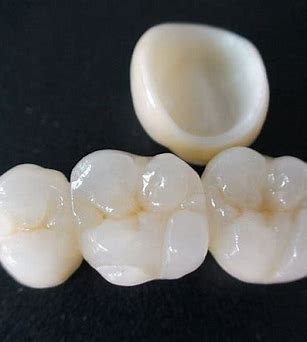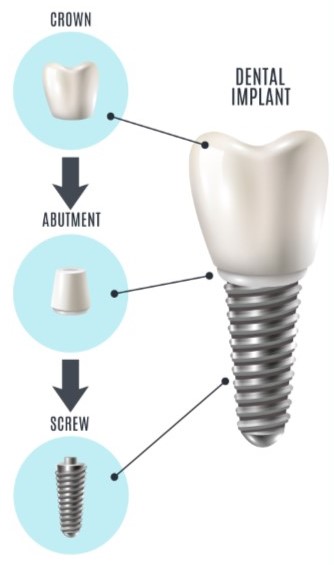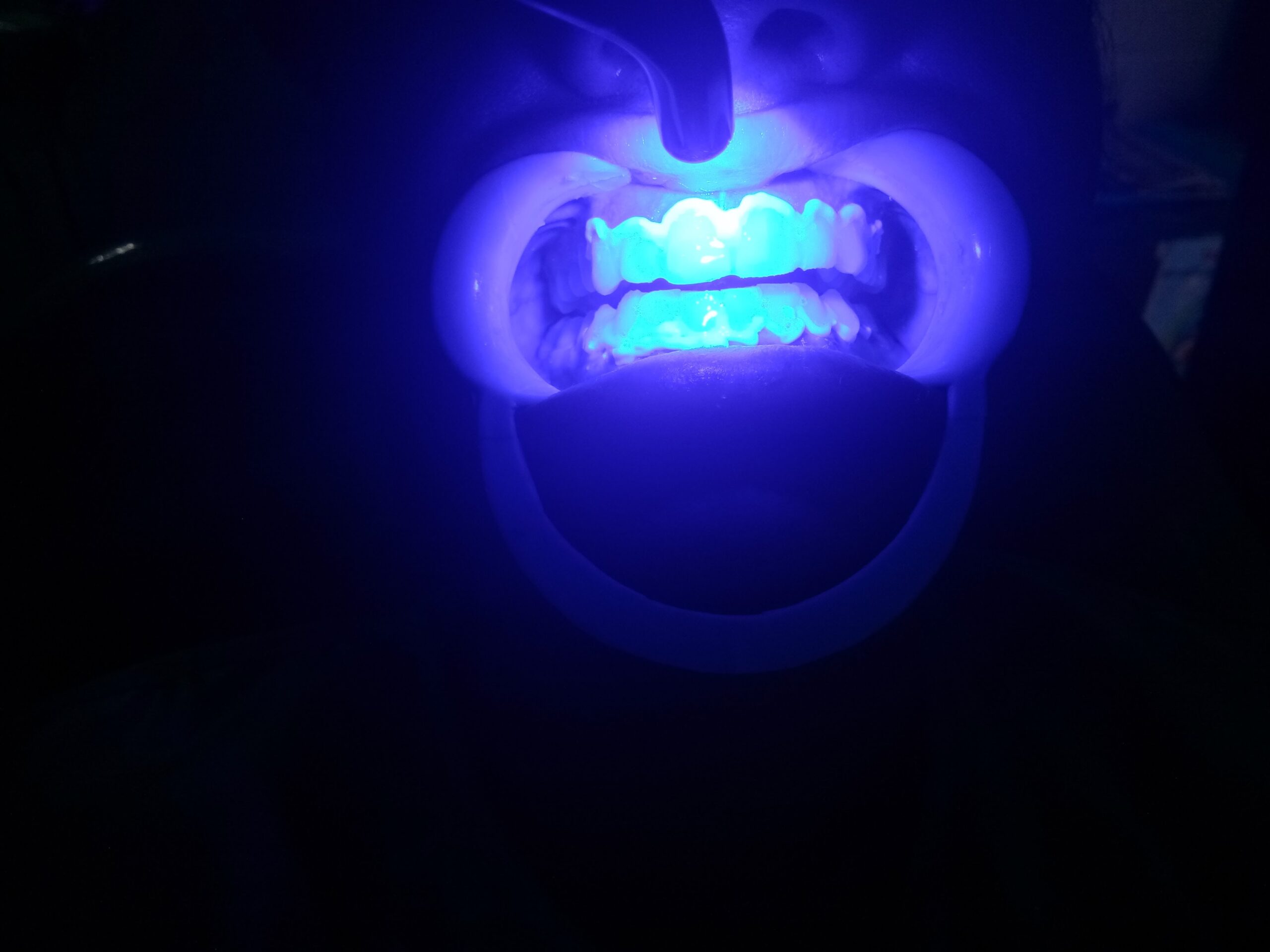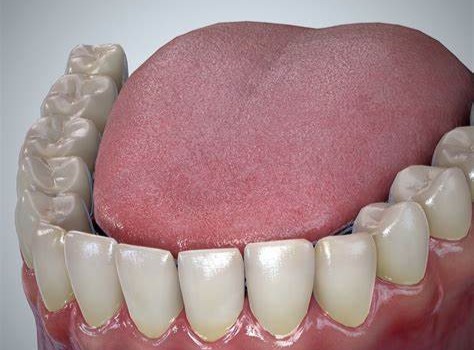Have you noticed that your teeth are becoming increasingly translucent or transparent? If so, you may be suffering from a condition known as translucent teeth. This means that the enamel on your teeth has worn down, causing your teeth to look almost see-through. Not only can this affect your confidence, but it can also result in sensitivity and pain.

There are several reasons why translucent teeth occur. For starters, too much acid in your diet can erode the enamel on your teeth, as can brushing too hard or using the wrong kind of toothbrush. Additionally, genetics can play a role in tooth translucency, as can certain medical conditions and medications.
What Are Translucent Teeth?
Translucent teeth are teeth that appear slightly transparent or translucent due to the thinness of the enamel layer. This can occur naturally in some people, but it can also be a sign of tooth erosion or weakened enamel. When teeth are translucent, they may appear yellow or gray instead of their natural white color. This can affect the appearance of a person’s smile and may require dental intervention to correct.
Causes
Translucent teeth can be caused by a variety of factors including:
1. Thin enamel: Some people naturally have thin enamel, which can make their teeth appear more translucent.
2. Tooth erosion: Acid from sugary and acidic foods and drinks can cause erosion of the tooth enamel, making teeth appear more translucent.
3. Overbrushing: Brushing your teeth too aggressively or with a toothbrush that is too hard can wear away the enamel.
4. Grinding your teeth: Grinding your teeth can wear down the enamel, causing teeth to become more translucent.
5. Aging: As you age, your teeth may naturally become more translucent as the enamel wears down.
6. Genetics: Some people may be genetically predisposed to having more translucent teeth.
If you are concerned about your teeth appearing translucent, it is important to talk to your dentist to determine the underlying cause and appropriate treatment.
What Are The Effects Or Symptoms Associated With Translucent Teeth?
The effects of translucent teeth can be both cosmetic and functional. The cosmetic effect is that the teeth appear less white and may have a gray or yellow undertone, which can make a person self-conscious about their smile. The functional effects of translucent teeth include:
1. Increased sensitivity: When the enamel wears away due to tooth erosion or grinding, teeth become more sensitive to hot and cold temperatures, making it uncomfortable to eat and drink.
2. Increased risk of tooth decay: When enamel is thin, the risk of tooth decay increases because tooth structure is more exposed to harmful bacteria and acid.
3. Increased risk of tooth fractures: The enamel serves as a protective layer for the tooth, but when it is thin, the tooth is more susceptible to fracturing or breaking.
4. Altered bite: When teeth become translucent, the bite may change, which can lead to jaw pain or discomfort.
How To Fix Translucent Teeth?
Fortunately, treatments are available to address the cosmetic and functional effects of translucent teeth. Your dentist may recommend treatments such as bonding, veneers, or dental crowns to improve the appearance of your teeth and protect them from further damage.
The treatment options for translucent teeth vary depending on the cause and severity of the problem. Here are some of the common treatments:
1. Teeth whitening: If the teeth appear yellow or gray due to natural thin enamel, teeth whitening may help improve their appearance.
2. Bonding: Bonding is a cosmetic dental procedure that involves applying a tooth-colored resin to the surface of the tooth to improve its appearance, shape, or size.
3. Veneers: Veneers are thin shells of porcelain or composite resin that are attached to the front surface of the teeth to improve their appearance.

4. Crowns: Crowns are tooth-shaped caps that cover the entire tooth and can be used to improve the appearance of translucent teeth, protect them from further damage, and restore their function.

5. Tooth-colored fillings: Tooth-colored fillings can be used to replace old silver fillings or to fill in areas where tooth erosion has occurred.
6. Gum grafting: Gum grafting may be recommended if tooth erosion has caused the gums to recede, exposing the root of the tooth. Gum tissue can be grafted onto the area to restore the gumline and protect the tooth.
If you are concerned about the appearance or health of your translucent teeth, it is important to consult with your dentist to determine the best course of treatment.
Home Remedies To Fix Translucent Teeth Naturally
While professional dental treatment is the most effective way to treat translucent teeth, there are some home remedies that may help improve the appearance and health of your teeth:

1. Oil pulling: Swishing coconut oil or sesame oil in your mouth for 10-20 minutes may help reduce bacteria in the mouth, which can improve oral health and overall well-being.
2. Toothpaste for sensitive teeth: Using toothpaste specifically designed for sensitive teeth can help reduce tooth sensitivity caused by thin enamel.
3. Avoiding acidic foods and drinks: Limiting or avoiding foods and drinks that are high in acid, such as citrus fruits and soda, can help prevent further erosion of the tooth enamel.

4. Brushing and flossing regularly: Proper oral hygiene, including brushing for 2 minutes twice a day and flossing daily, can help remove plaque and prevent tooth decay.
5. Eating a healthy diet: Eating a balanced, nutritious diet that includes calcium-rich foods can help strengthen the teeth and bones.
It’s important to note that home remedies are not a substitute for professional dental care. If you have concerns about your dental health or the appearance of your teeth, it is best to consult with your dentist to determine the appropriate course of treatment.
Translucent teeth can be a cause for concern as they can have both cosmetic and functional effects. While professional dental treatment is the most effective way to address this issue, there are also some home remedies that can help improve the appearance and health of your teeth. It’s essential to maintain good oral hygiene, avoid acidic foods and drinks, and eat a healthy diet to prevent further damage to tooth enamel. If you have concerns about the appearance or health of your translucent teeth, it is best to consult with your dentist to determine the best course of treatment.
Although there is no one-size-fits-all treatment for translucent teeth, there are several steps you can take to improve your dental health and the appearance of your teeth.
Here are some tips on how to fix translucent teeth:
1. Adjust your diet: One of the easiest ways to prevent the erosion of your enamel is to cut down on your consumption of acidic substances such as sodas, fruit juices, and spicy foods. Instead, opt for calcium-rich foods like dairy products and leafy green vegetables.
2. Use the right toothbrush: If you’re using a toothbrush with hard bristles or brushing too hard, this can contribute to the erosion of your enamel. Make sure you’re using a soft-bristled brush and brushing your teeth gently and thoroughly twice a day.
3. Use fluoride toothpaste: Fluoride can help strengthen your enamel and prevent further erosion. Look for toothpaste that contains fluoride, and use it regularly.
4. Get dental work done: If your teeth are already severely translucent, your dentist may recommend getting veneers or bonding. Veneers are essentially thin shells that are placed over your existing teeth, while bonding involves applying a material to your teeth to cover the translucent areas.
5. Consider dental implants: In some cases, dental implants may be a better option than veneers or bonding, especially if you have missing or severely damaged teeth. Dental implants are artificial tooth roots that are placed into your jawbone, providing a sturdy base for a crown or bridge to be attached to.
If you’re suffering from translucent teeth, don’t hesitate to reach out to your dentist. They can help you come up with a treatment plan that’s right for you, whether that involves adjusting your diet, changing your brushing habits, or getting dental work done. With the right care, you can restore your smile and regain your confidence in no time.




